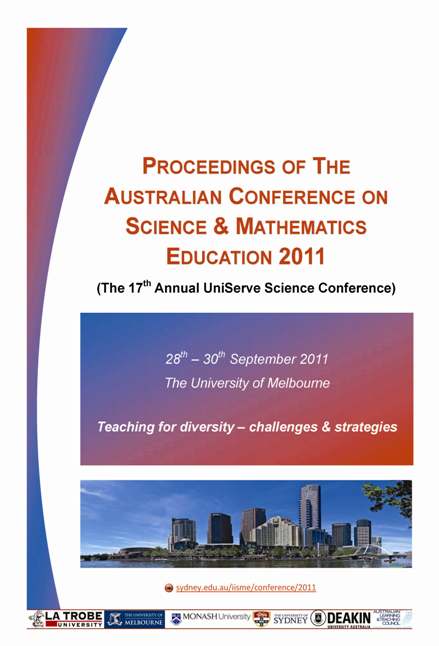Undergraduate Research Experiences: a Case Study in promoting Student Engagement through Authentic Scientific Inquiry
Abstract
Laboratory exercises teach practical skills that form the foundation of scientific research. These classes however, have been ineffective in promoting student engagement in science, as they are often structured around rigid and repetitive protocols. These traditional “cookbook” laboratory classes are not an accurate representation of scientific inquiry, and do not teach students the autonomy required to succeed as a professional scientist. This project directly engaged students in the discovery process by integrating Undergraduate Research Experience (URE) modules into MICR3003, a third year Microbiology course offered at the University of Queensland (UQ). As part of their undergraduate coursework, students conducted inquiry-based experiments to make novel experimental findings, and were assessed on their adherence to professional scientific standards. At the end of the URE, students demonstrated improvements in key experimental, reporting, and analytical skills, as well as an increase in their general interest in science; moreover, the URE participants appreciated the opportunity to collectively experience an immersive undergraduate research project. Embedding active research projects into the undergraduate curriculum is able to reach a far greater number of students than isolated laboratory internships, and thus is an effective mechanism for increasing exposure for science and providing training for the next generation of scientists.Downloads
Published
2011-08-10
Issue
Section
Abstracts
